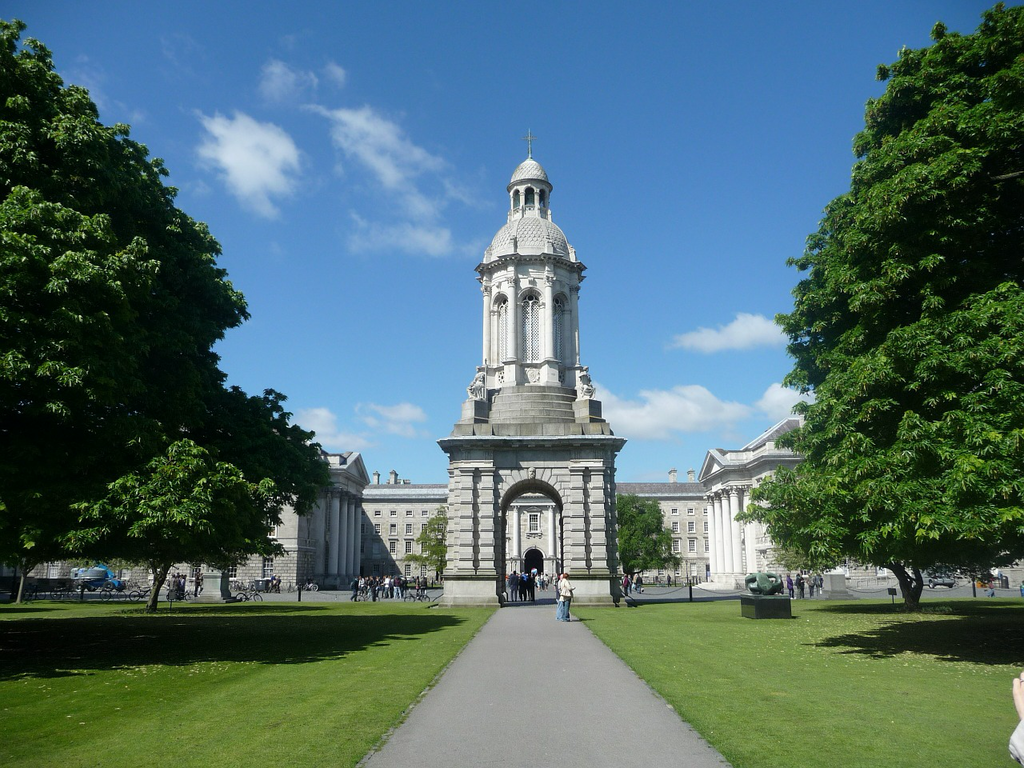Dublin Rape Crisis Centre a partner in European Commission funded International PhD Programme
24 May 2016

Trinity leads €3.3 million Horizon 2020 project
Researchers from Trinity College Dublin’s Centre for Global Health have secured €3.3 million for research into trauma-exposed populations in Europe. This four-year study is funded under the European Commission’s Horizon 2020 scheme and is a collaboration between Trinity and a number of European academic (Ulster University and the University of Southern Denmark) and non-academic (the Dublin Rape Crisis Centre, SPIRASI, the Probation Board of Northern Ireland (PBNI), theIFRC Reference Centre for Psychosocial Support, hosted by the Danish Red Cross, and the Bornehus South Children’s Centre) partners.
The project entitled ‘CONTEXT’ (COllaborative Network for Training and EXcellence in psychoTraumatology’) is led by Chair of Global Health Professor Malcolm Mac MacLachlan, Assistant Professor Frédérique Vallières (Centre for Global Health, School of Psychology) and Associate Professor Philip Hyland (Centre for Global Health, and the National College of Ireland).
Twelve doctoral researchers will study the psychological effects of exposure to traumatic life events among unique traumatised groups in Europe: refugees, asylum seekers and migrants entering Europe from conflict zones, humanitarian workers tasked with providing aid to traumatised individuals, and victims of gender-based and childhood traumas. The doctoral researchers on this project will spend half of their training with the non-academic partner organizations gaining front-line experience working with the victims of traumatic exposure.
Speaking for the Dublin Rape Crisis Centre, which will participate as a non-academic partner, CEO Noeline Blackwell said “We expect that when a mixture of clinical, practical and academic expertise is applied to issues like the barriers that deter people from services, or the complex needs of asylum seekers, we will get some rich new learning which will make a positive difference to traumatised victims of sexual violence. We can learn from each other in an area where there are new developments all the time.”
Ends.
For further information please contact:
Noeline Blackwell, CEO, Dublin Rape Crisis Centre:
01 661 4911 Email: info@rcc.ie
DRCC’s National 24-Hour Helpline 1800 77 8888
Dublin Rape Crisis Centre issued its press release simultaneously with other partner organisations in the project. For further information on the overall project, please contact Trinity College Dublin: Helen Hanley, +353 1 896 3551, hhanley@tcd.ie